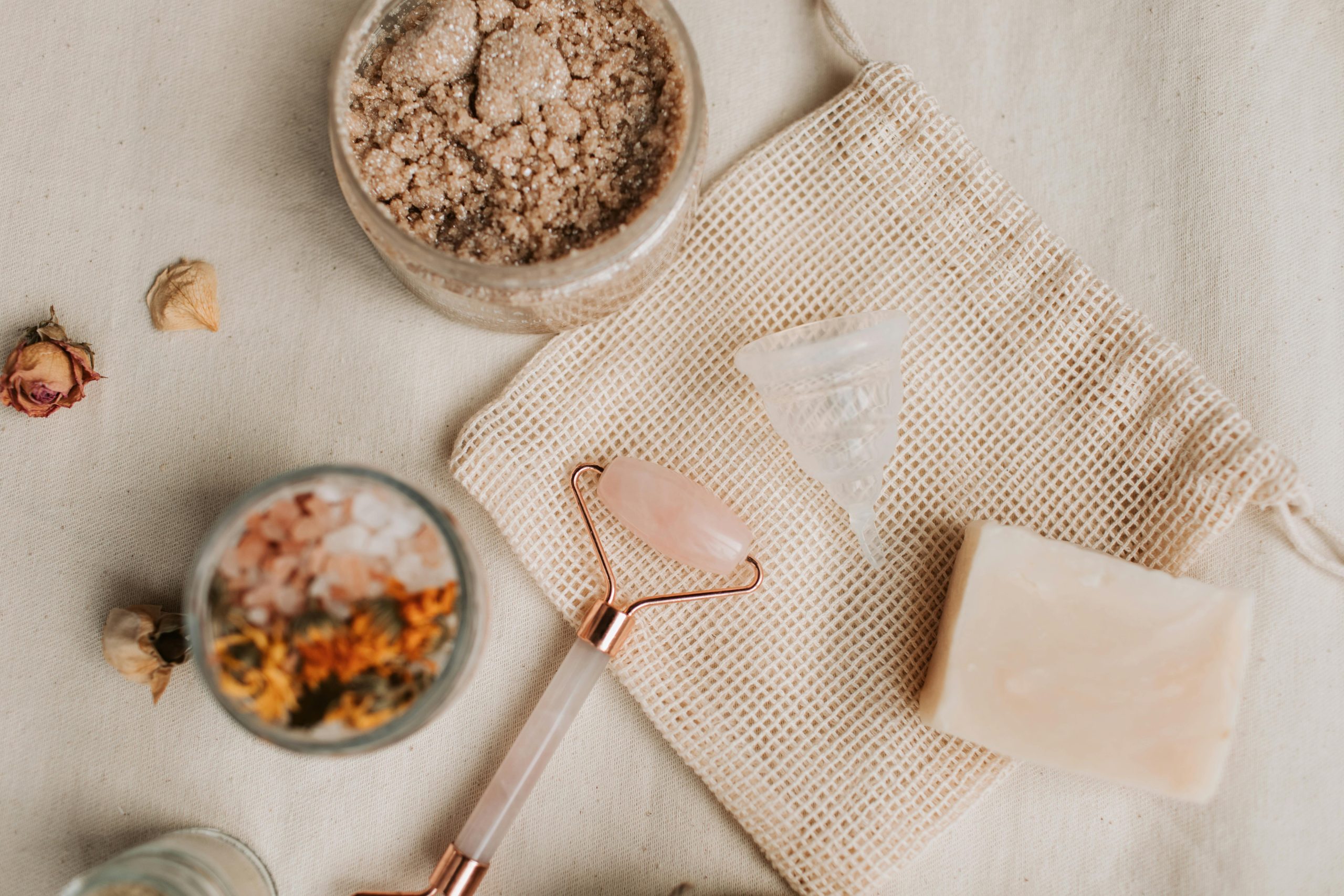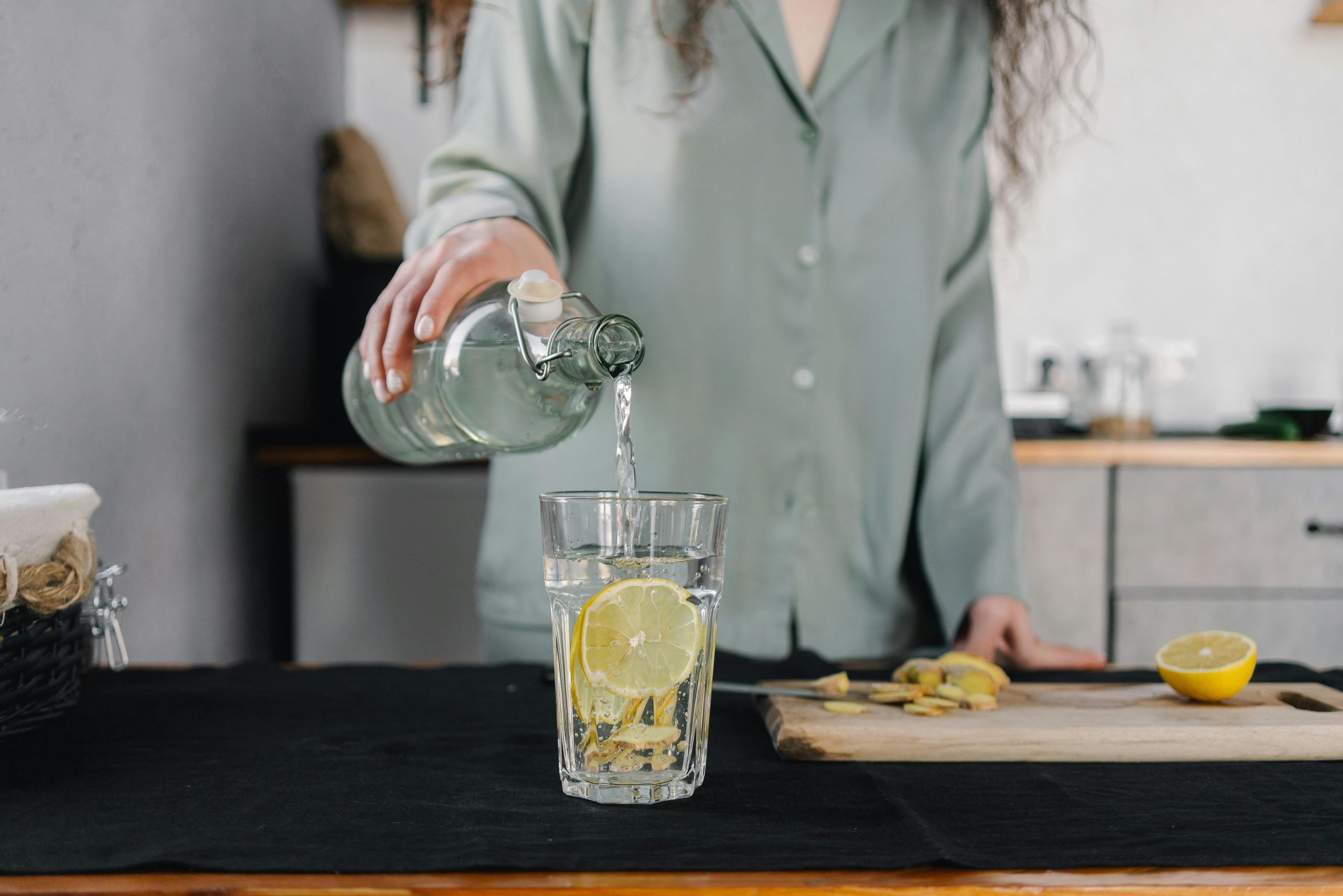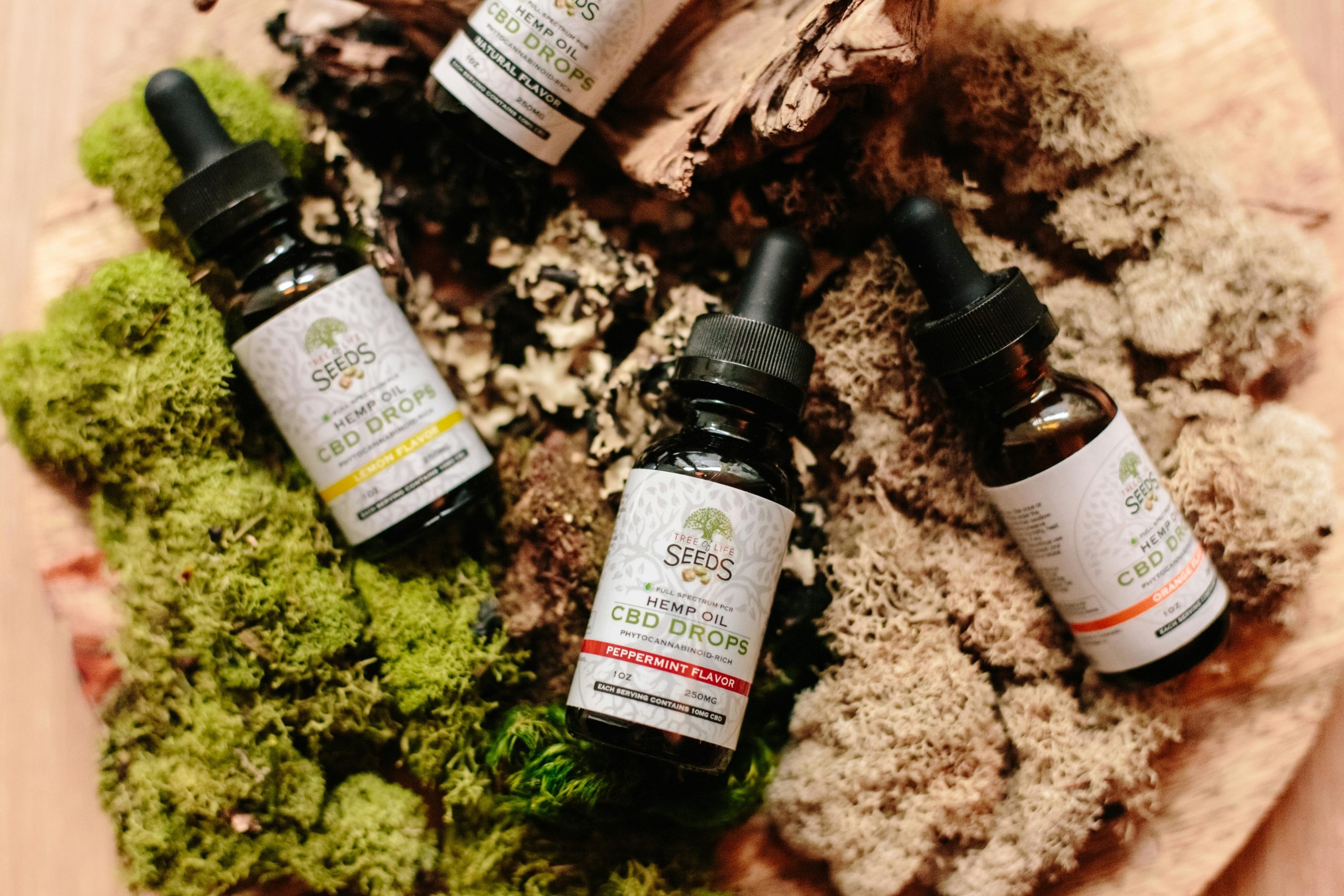Menstrual cramps, or dysmenorrhea, affect millions of women worldwide, often causing debilitating pain that disrupts daily life. While over-the-counter pain relievers can help, many women seek natural alternatives to avoid side effects. Herbal remedies have been used for centuries to ease menstrual discomfort, offering gentle yet effective relief. In this article, we explore the best herbal treatments for menstrual cramps, backed by tradition and modern research.
1. Ginger: A Powerful Anti-Inflammatory
Ginger is a well-known herbal remedy for menstrual cramps due to its potent anti-inflammatory and pain-relieving properties. Studies suggest that ginger can reduce menstrual pain as effectively as ibuprofen, making it a natural alternative to conventional painkillers.
How to Use Ginger for Cramps
- Ginger Tea: Steep fresh ginger slices in hot water for 10 minutes. Drink 2-3 cups daily during your period.
- Ginger Capsules: Take 250-500 mg of ginger extract up to three times a day.
- Ginger Compress: Apply a warm ginger-infused cloth to the lower abdomen for soothing relief.
For best results, start consuming ginger a few days before your period begins to prevent severe cramping.
2. Chamomile: A Soothing Muscle Relaxant
Chamomile is renowned for its calming effects, but it also helps relax uterine muscles, reducing spasms and discomfort. Its anti-inflammatory compounds, such as bisabolol, contribute to pain relief.
Best Ways to Use Chamomile
- Chamomile Tea: Drink 2-3 cups daily to ease cramps and promote relaxation.
- Chamomile Essential Oil: Dilute with a carrier oil and massage onto the lower abdomen.
- Chamomile Bath: Add chamomile tea bags or essential oil to warm bathwater for a relaxing soak.
Chamomile also helps with stress and insomnia, which can worsen menstrual pain.
3. Cinnamon: A Warming Pain Reliever
Cinnamon has warming properties that improve blood circulation and reduce menstrual cramp severity. Research indicates that cinnamon can significantly decrease pain and bleeding during menstruation.
How to Incorporate Cinnamon
- Cinnamon Tea: Boil a cinnamon stick in water and sip throughout the day.
- Cinnamon Honey Mix: Combine cinnamon powder with honey and consume a teaspoon daily.
- Cinnamon Supplements: Take 1-2 grams of cinnamon powder in capsule form.
Regular consumption of cinnamon may also help regulate irregular periods.
4. Peppermint: A Natural Antispasmodic
Peppermint contains menthol, which helps relax uterine muscles and reduce spasms. Its cooling effect also provides quick relief from bloating and nausea associated with periods.
Effective Peppermint Remedies
- Peppermint Tea: Drink 2-3 cups daily to alleviate cramps and bloating.
- Peppermint Oil Massage: Mix with coconut oil and gently massage the abdomen.
- Peppermint Inhalation: Inhale peppermint essential oil for nausea relief.
Peppermint is especially helpful for women who experience digestive discomfort during their periods.
5. Turmeric: The Golden Anti-Inflammatory
Turmeric’s active compound, curcumin, is a powerful anti-inflammatory that helps reduce prostaglandin levels, the hormones responsible for menstrual pain. It also supports liver detoxification, which can help balance hormones.
Ways to Use Turmeric
- Golden Milk: Mix turmeric with warm milk and honey for a soothing drink.
- Turmeric Tea: Steep turmeric powder in hot water with lemon and ginger.
- Turmeric Capsules: Take 500 mg of curcumin supplements daily.
For better absorption, consume turmeric with black pepper or healthy fats like coconut oil.
Conclusion
Herbal remedies offer a natural and effective way to manage menstrual cramps without the side effects of synthetic medications. Ginger, chamomile, cinnamon, peppermint, and turmeric are among the best herbs for relieving pain, reducing inflammation, and promoting relaxation. Incorporating these herbs into your routine—whether through teas, supplements, or topical applications—can help ease discomfort and improve your menstrual health. Always consult a healthcare provider before starting new herbal treatments, especially if you have underlying conditions or take other medications.


